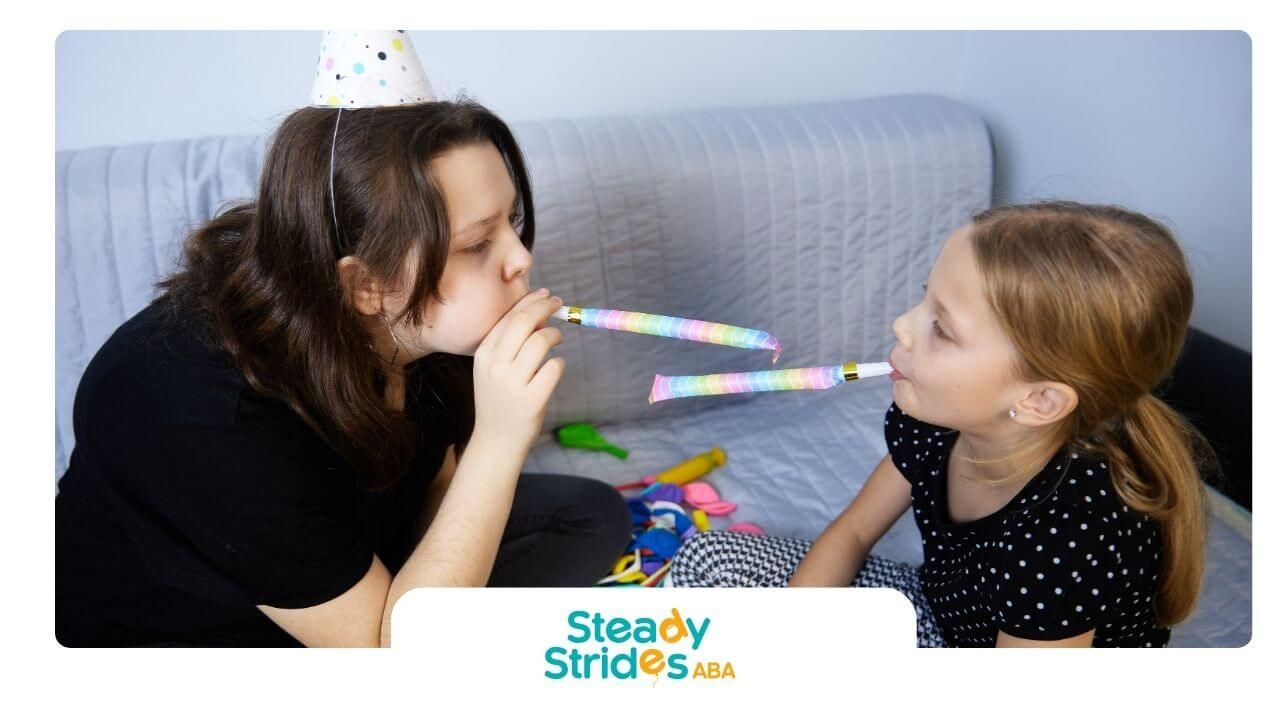Parents of autistic children sometimes wonder, “Does my child love me?” The answer is absolutely yes. Autistic children experience love and emotional attachment just like anyone else—but they may show it in ways that are different or harder to recognize.
Because autism affects communication and sensory processing, some children might avoid eye contact, hugs, or verbal expressions of affection. However, their love often shines through in other forms—like seeking comfort from you, showing interest in shared activities, or imitating your behavior.
Parents need to understand that emotional expression varies. What may look like indifference is often a form of self-regulation or sensory sensitivity. Recognizing and valuing your child’s unique way of connecting builds trust and strengthens your relationship.
Through ABA therapy, children can develop skills to better express feelings and connect more openly with loved ones. Families also learn techniques to understand and respond to their child’s emotional cues.
At Steady Strides ABA, we believe love is universal. Our goal is to help families build stronger emotional connections through understanding, communication, and compassionate support.
Frequently Asked Questions (FAQ)
1. Do autistic children feel love for their parents?
Yes. Autistic children experience love and emotional connection just like anyone else, though they may express it in different ways.
2. Why might my autistic child seem distant or unemotional?
Autistic children may show affection differently due to sensory sensitivities or communication differences. What seems like distance is often just another way of processing emotions.
3. How do autistic children show love?
They might express love through actions such as seeking comfort, sharing interests, staying close, or mimicking their parents’ behaviors instead of using words or physical affection.













